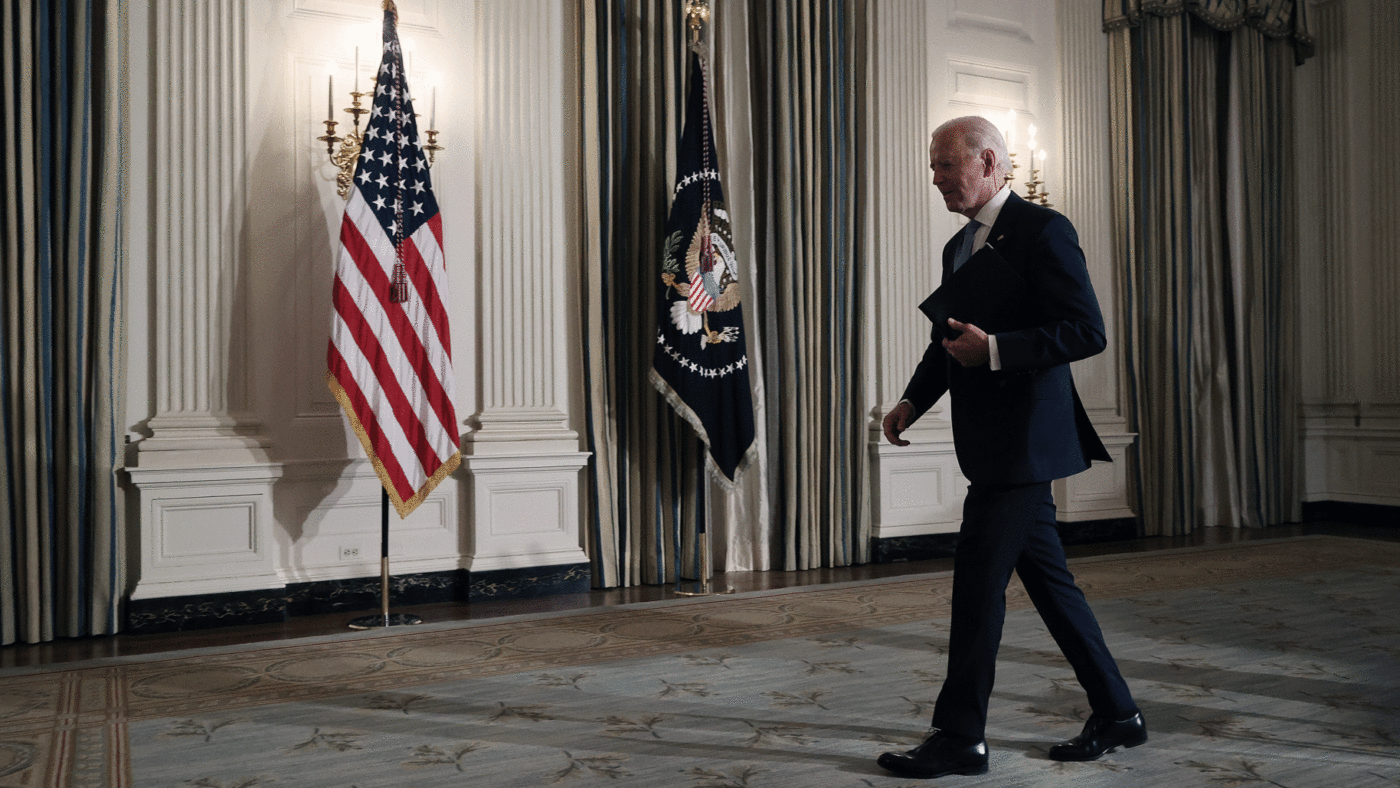And so Joseph R. Biden becomes the 46th President of the United States, sound-tracked by a global exhalation, Lady Gaga and the furious scribbling of British foreign policy commentators fretting about ‘the special relationship’. The collective neurosis seems to be that Biden may be ill-disposed towards Britain due to his dim view of three B’s: Brexit, Boris and British history in Ireland. None of this is disputable either – the President’s anti-Brexit sympathies are well documented, Boris has been disparaged as a “a Trump clone” and, even by the standards of his party, his political character embraces his Irish ancestry to an unusual degree. Yet despite all this, they need not unduly worry – I would be surprised if Britain figured anywhere close to the top of the President’s incoming thoughts. This is not so much a sign of the special relationship’s frailty but its enduring strength. Put simply, if the President has “99 problems”, to borrow a phrase from his staunch ally Jay-Z, then Britain “ain’t one”.
Indeed, even on the biggest of those problems to emerge beyond America’s borders – China – Britain’s stance on Hong Kong means we likely elicit far less Presidential concern than some of our wobblier European allies. For all the endless ink spilt about personality, it is shared strategic objectives that matter most on the global stage. And, notwithstanding our occasional neediness, this is the point of the special relationship: so deep and aligned are those objectives, the alliance barely needs nurturing. Rest assured, for a President as ambitious and stretched as Biden, that will soon start to feel pretty special.
Nevertheless, it would be wrong to view Biden’s arrival as simply a return to the steady status quo when it comes to British politics. In fact, the President’s impact may be most measured in matters somewhat more parochial and economic. With the Brexit deal struck, the British Government now finds itself in the unusual position of having effectively discharged its mandate only one year into the Parliament. The prevailing thought this time last year was that Brexit would cede to the Prime Minister’s ‘levelling up’ agenda, with a generous spending package for the red wall communities that went blue in 2019. This belief continued through the early part of the pandemic – in June, the Prime Minister even described his ambition in Rooseveltian terms. Fast forward to last weekend and you now have Treasury sources beginning a drumbeat for tax rises and post-pandemic austerity. As one source told the Daily Express “things would have to go pretty badly wrong for us not to begin some consolidation in the budget”.
It’s too exhausting to delve, once again, into the bewildering lack of ecomomics underpinning the Treasury’s position. Suffice to say that almost no mainstream economist, including staunch free marketeers like Julian Jessop, believe consolidation should begin before any recovery from Covid-19 has begun. Institutions such as the IMF have gone even further, suggesting countries that can borrow cheaply, like Britain, can stabilise debt without any adjustment whatsoever.
The more interesting question is why the Government – or at least its Chancellor – is even considering this politically difficult tack. Certainly, there are no short-term benefits. Barely a day goes by without Treasury penny-pinching on social justice issues like child poverty or Universal Credit blowing up in the Government’s face. My only thought is that the Chancellor sees some merit in following what we might call the George Osborne path which, if nothing else, convulses the Labour Party. If that is this case though, it is poor judgement – the economic wounds this time are deeper, the institutional consensus against austerity broader.
Moreover, there was no dissonance between Osborne’s plan and his boss’s vision for Britain. That would appear to be, at best, an open question this time – and this, strangely, brings us back to Biden. One look at the President’s agenda tells you very clearly where he stands on post-Covid recovery. His $1.9 trillion ‘American rescue plan’ includes childcare tax credits, statutory sick pay and a near doubling of the federal minimum wage. It is not just spending too – Biden is the most labour-friendly President America has had since at least Jimmy Carter. His ambition is to tilt the US back towards “new deal” stakeholder capitalism – strong unions and an activist state can, he believes, return prosperity to blue collar industrial America.
There are three reasons why this matters here. One, what America does, even on the economy, sets the tone for the rest of the free world. Two, his agenda, albeit with more unions and less Brexit, is not a million miles away from the unique contribution Johnson was supposedly making to remaking the Tory coalition. And three, that on key parts of the President’s agenda – climate change most notably – maintaining that thoughtlessly smooth special relationship will require an alignment on activism.
In short, the biggest question in British politics now is what, shorn of Dominic Cummings, does the Prime Minister think about his own economic agenda. The Chancellor is clearly hell-bent on a different course of action. But he may just find that his intellectual opponents now include the most powerful man in the world.
Click here to subscribe to our daily briefing – the best pieces from CapX and across the web.
CapX depends on the generosity of its readers. If you value what we do, please consider making a donation.


